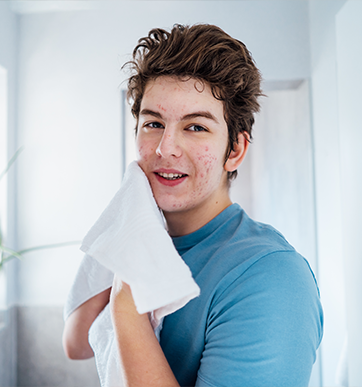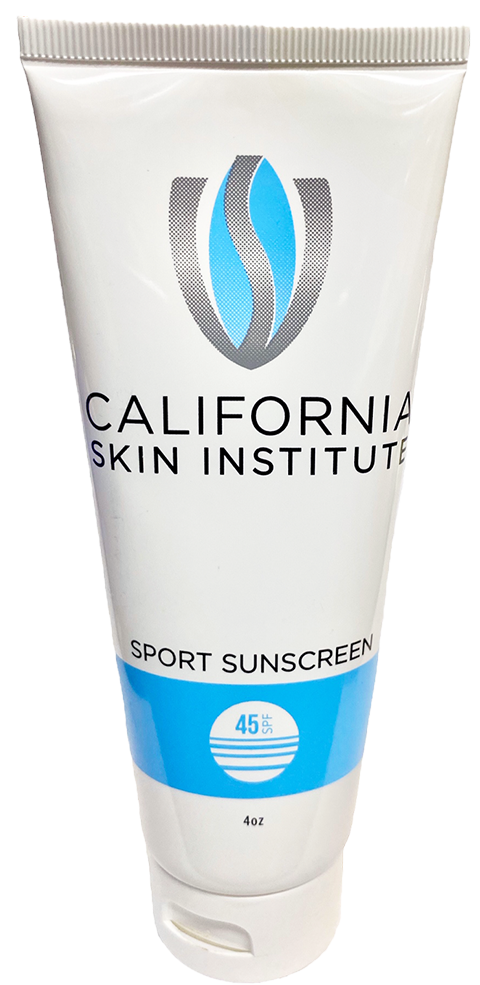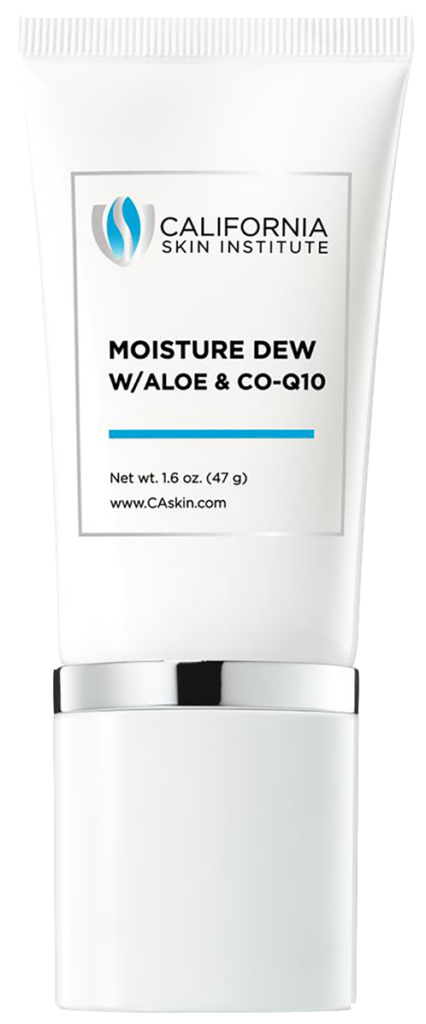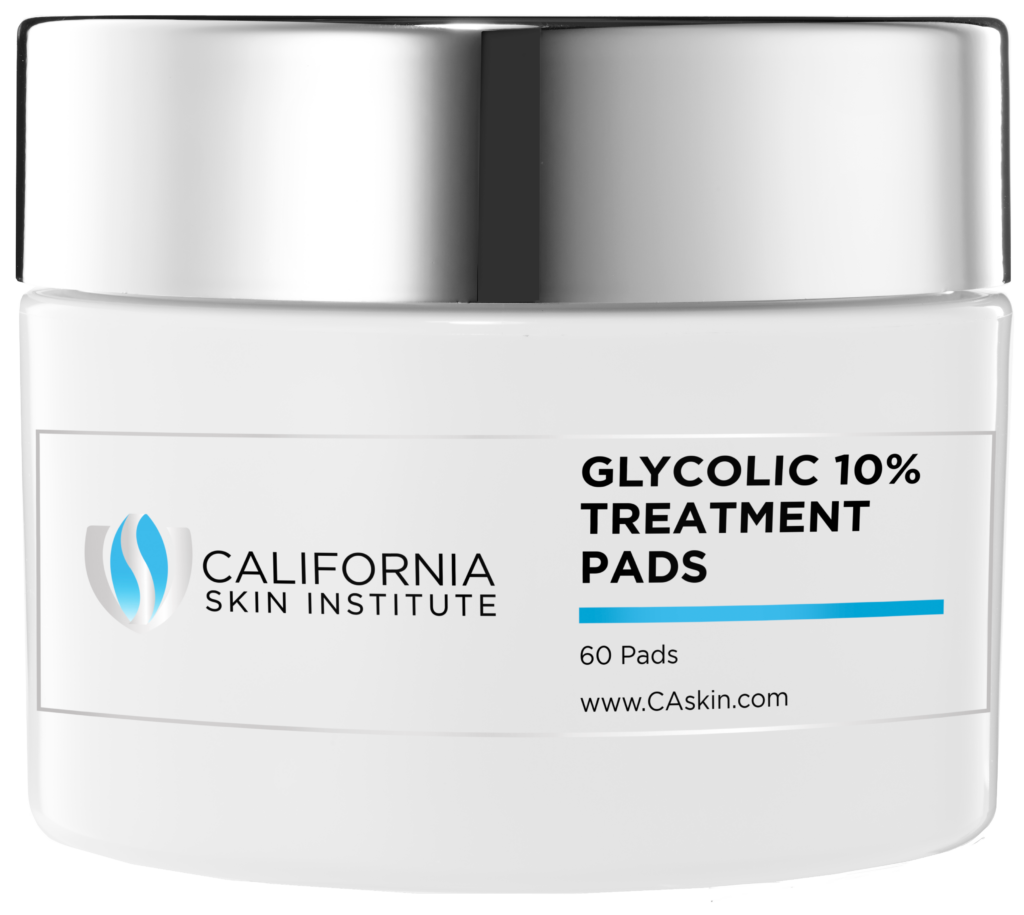
Summer Skin Care Tips for Teen Acne – Top Advice from California Skin Institute’s Dermatologists and Aestheticians
This article was edited by Jennifer Sorrell, MD.
Your teen’s summer fun could be sabotaged by acne. Even in this era of body positivity and acceptance, a teen may feel painfully self-conscious showing up at the pool or beach with acne blemishes across their face, back and/or chest area.
Teen acne care during summer can be especially tricky with the added challenges of heat, sweat, outdoor activities and travel.
As a parent, you can help your teen take safe, effective steps to improve their skin and their self-esteem this summer. Here are six of the best summer skin care tips for teen acne from the board-certified dermatologists at California Skin Institute and our licensed clinical aestheticians. Feel free to copy it into a text or email to your teen if that would be a helpful way to share this information with them.
If you think your teen might be more receptive to getting summer acne care advice directly from a doctor, you can help them make an appointment with a California Skin Institute office closest to you.
6 Dermatologist Tips for Teen Acne Summer Care
1. Wash Up

Your pores can get clogged throughout the day from dirt, sweat and oil. Cleansing your face and other acne prone areas first thing every morning and last thing every night is the best way to remove any build-up. Easy does it, though. Avoid hot water and over-washing because these can overly dry out and irritate your skin.
Choose a gentle cleanser that is oil-free and non-comedogenic (non pore-clogging). Consider a medicated cleanser fortified with benzoyl peroxide for antibacterial protection in a balanced formula that will remove grime and sweat without unwanted dryness.
2. Don’t Pick or Poke Your Skin
![]()
Looking in the mirror as you wash your face, it’s tempting to pop pimples, especially if they look big. Resist the urge. Instead of a pimple, you could end up with a red and bleeding open sore. This leads to scabbing, which can leave a scar. It can also result in bacteria spreading across your skin, which can create more pimples. Alternatively, use an acne fighting product formulated with salicylic acid and niacinamide along with soothing ingredients to calm sensitive blemishes. Consider a “healing pimple patch” to help keep curious fingers off the skin.
3. Wear Sunscreen Daily

Protect your skin from sun exposure by applying sunscreen daily. Choose a sunscreen that’s water and sweat resistant in a non-comedogenic formulation combined with lightweight, non-oily moisturization. A sunscreen with a pleasant texture that doesn’t sting or leave a white residue is one you’ll likely use consistently.
4. Stay Hydrated and Moisturized

Hydration is vital to healthy skin. Water can help your body flush out toxins and impurities. Drink at least eight to ten glasses of water daily or more depending on your activity level.
Although it may seem counterintuitive, moisturizer is an essential step, even in the summer. Moisturizing your skin daily can help keep your skin hydrated and prevent it from overproducing its own pore-clogging oil. Choose a moisturizer that is oil-free and non-comedogenic. Apply your acne-appropriate light facial moisturizer and body moisturizer 1-2 times daily.
5. Don’t Over-Exfoliate
 Exfoliation can be a powerful addition to your skin care routine. It can slough off dead skin cells and make room for new, healthier skin. For sensitive skin—including acne-prone skin—exfoliating one to three times per week is sufficient. Give your skin time to rest in between to reduce the risk of irritation.
Exfoliation can be a powerful addition to your skin care routine. It can slough off dead skin cells and make room for new, healthier skin. For sensitive skin—including acne-prone skin—exfoliating one to three times per week is sufficient. Give your skin time to rest in between to reduce the risk of irritation.
Choose chemical exfoliants rather than coarse, grainy physical ones. A formulated exfoliant will be less likely to break the fragile surface of an acne blemish or rupture your skin’s surface in harmful ways.
6. Seek Professional Advice
See a board-certified dermatologist if your skin does not improve with home treatment. A dermatologist can prescribe medications such as topical retinoids, antibiotics and isotretinoin that can help to clear up acne and minimize scarring. A dermatologist may also suggest in-office procedures. These can include blue light therapy, acne extraction and aesthetician-administered microdermabrasion and chemical peel facials customized for your specific acne issues.
It can be hard to figure out what’s best on your own when there are so many options out there and a lot of misleading information. That’s why it’s best to trust your acne care to a board-certified dermatologist who can work with you to design a skin care routine that works for you in the summer season and in every season.



 / 291 Reviews
/ 291 Reviews